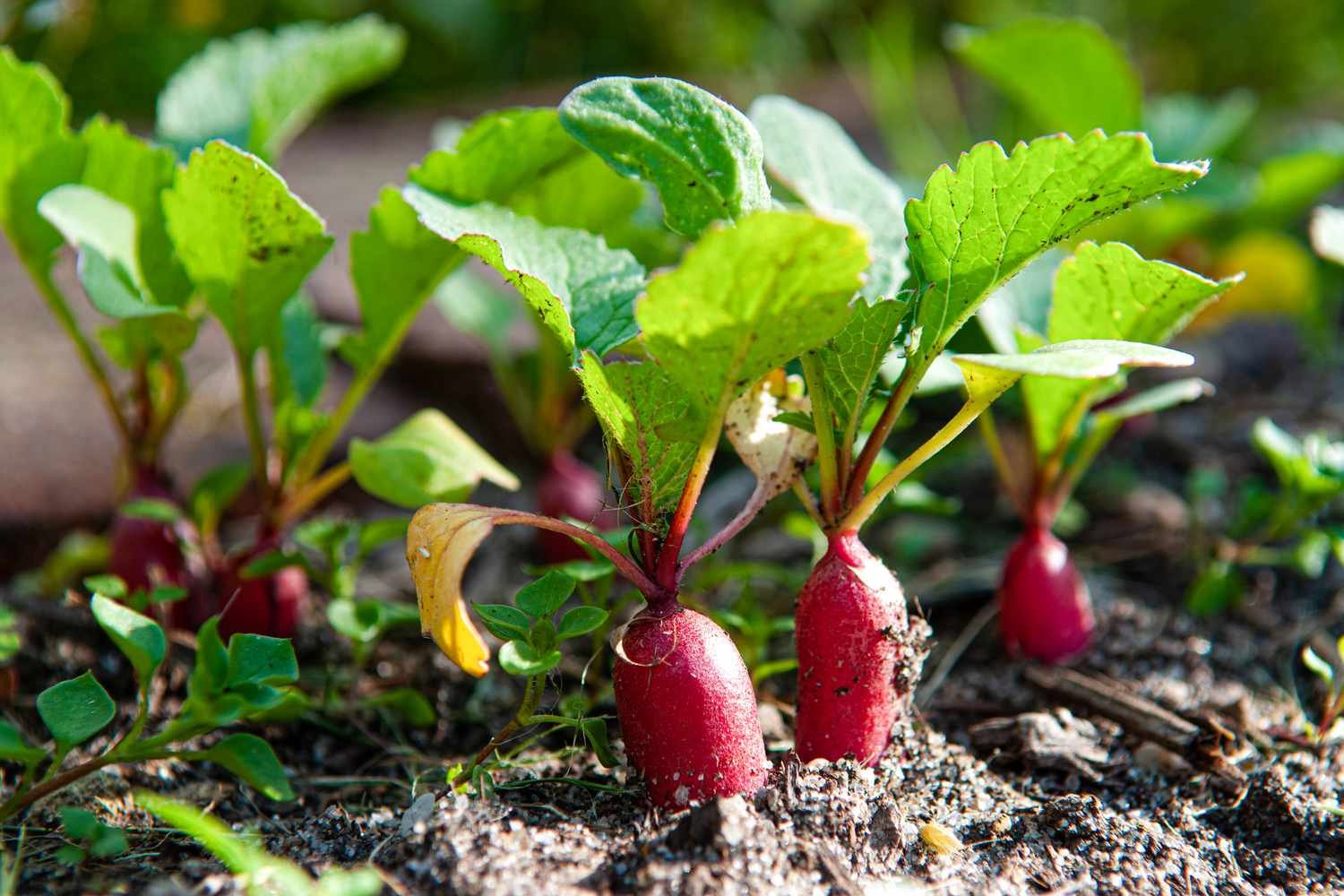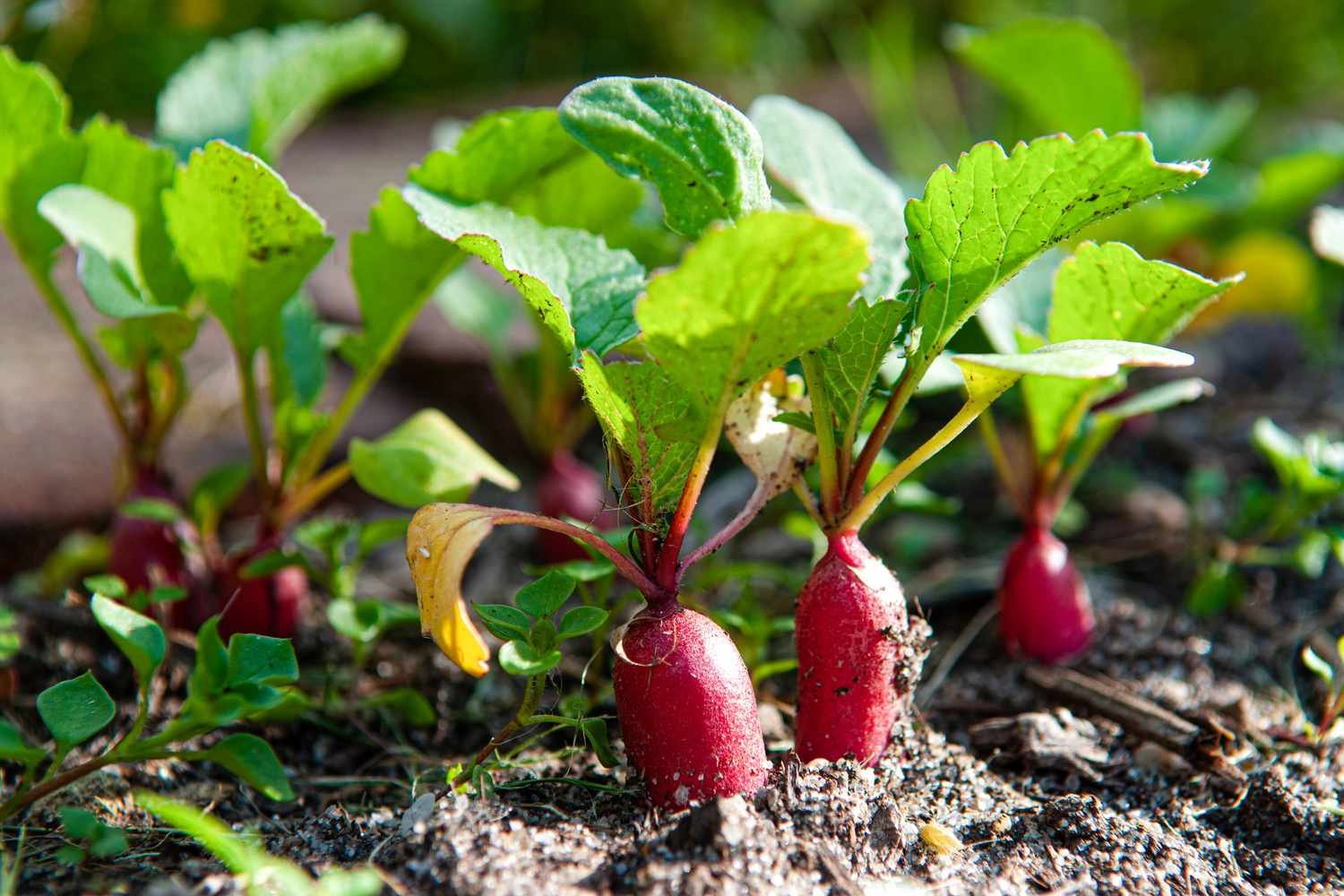Organic gardening is more than just a trend—it’s a holistic approach to growing plants that prioritizes natural methods and sustainability. Beyond the environmental benefits, organic gardening offers numerous advantages for human health, from reducing exposure to harmful chemicals to providing nutritious produce. Here’s a detailed exploration of the benefits of organic gardening for health and why it’s a beneficial practice for gardeners and consumers alike.

Avoiding Harmful Chemicals
One of the primary benefits of organic gardening is avoiding synthetic pesticides, herbicides, and fertilizers that can pose risks to human health. By using natural alternatives such as compost, mulch, and beneficial insects, organic gardeners minimize exposure to potentially harmful chemicals that can affect the air, water, soil, and food chain.
Nutrient-Rich, Chemical-Free Produce
Organically grown fruits, vegetables, and herbs are free from synthetic chemicals, residues, and genetically modified organisms (GMOs). This results in produce that is naturally rich in vitamins, minerals, antioxidants, and essential nutrients essential for optimal health. Organic gardening prioritizes soil health and biodiversity, which enhances the nutritional quality of the crops grown.
Supporting Overall Well-being
Gardening itself is known to offer numerous health benefits, including stress reduction, improved mood, and physical activity. Organic gardening amplifies these benefits by providing a natural and peaceful environment to connect with nature, reduce stress levels, and promote mental clarity and well-being.
Preserving Water and Soil Quality
Organic gardening practices, such as composting and crop rotation, help maintain soil structure, fertility, and microbial diversity without relying on synthetic chemicals. Healthy soil retains moisture more effectively, reduces erosion, and supports plant growth, contributing to sustainable water management and conservation efforts.
Enhancing Food Flavor and Taste
Organically grown produce often boasts superior flavor and taste compared to conventionally grown counterparts. This is attributed to the balanced nutrient content, optimal ripening conditions, and natural cultivation practices that prioritize soil health and plant vitality.
Supporting Local Ecosystems
Organic gardening fosters biodiversity by providing habitats for beneficial insects, birds, and wildlife essential for pollination and natural pest control. This approach helps maintain ecological balance, reduces dependence on external inputs, and supports resilient and sustainable food systems.
Promoting Sustainable Living
Organic gardening aligns with principles of sustainability by reducing carbon footprint, conserving natural resources, and minimizing environmental impact. It encourages responsible consumption and production practices that prioritize the health of both people and the planet.
Conclusion
Organic gardening offers a wealth of benefits for health-conscious individuals and environmentally conscious gardeners alike. By cultivating plants without synthetic chemicals, organic gardeners nurture nutritious produce, support biodiversity, and promote sustainable living practices. Embrace organic gardening to enjoy fresh, flavorful produce while contributing to a healthier environment and fostering a deeper connection with nature. Whether you’re starting a backyard garden or supporting local organic farms, prioritize organic practices to reap the rewards of a healthier lifestyle and a greener planet. Happy gardening











